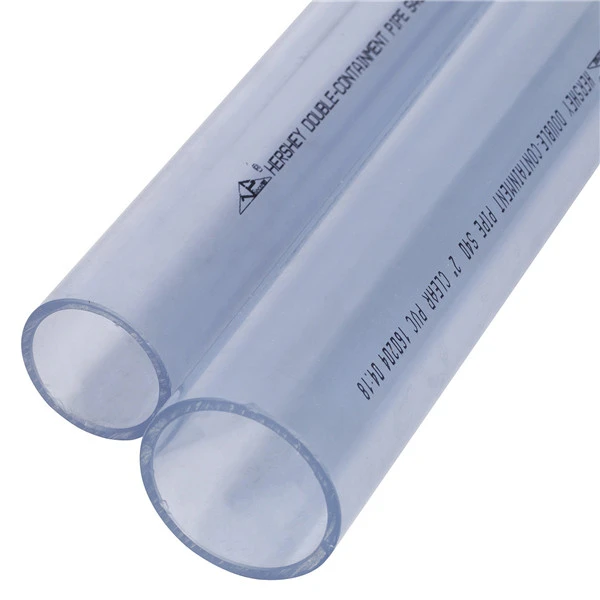Dec . 15, 2024 04:05 Back to list
Using PVC Pipes for Efficient Drip Irrigation Solutions in Gardening and Agriculture
The Role of PVC Pipe in Drip Irrigation Systems
Drip irrigation is a crucial agricultural practice that allows farmers to conserve water while maximizing crop yield. One of the key components of an efficient drip irrigation system is the use of PVC (polyvinyl chloride) pipes. Known for their durability, affordability, and versatility, PVC pipes play an essential role in the design and implementation of drip irrigation systems.
Advantages of PVC Pipes
PVC pipes are widely used in drip irrigation due to their numerous advantages. First and foremost, they are resistant to corrosion and chemical damage. Unlike metal pipes, which can rust over time, PVC pipes maintain their integrity when exposed to various soil and water conditions. This longevity ensures that farmers can rely on their irrigation systems for many seasons without the need for frequent replacements.
Additionally, PVC pipes are lightweight and easy to handle. This characteristic simplifies the installation process, allowing farmers to set up their irrigation systems quickly and efficiently. The flexibility of PVC also means that pipes can be easily cut to the desired length, accommodating different field layouts and crop configurations.
Another significant benefit of PVC pipes is their cost-effectiveness. In regions where water conservation is critical, the initial investment in a PVC piping system often pays off in the long run through reduced water usage and higher crop yields. Furthermore, PVC's resistance to algae growth and sediment buildup minimizes maintenance efforts and costs associated with cleaning and repairs.
Application in Drip Irrigation Systems
pvc pipe to drip irrigation

In a drip irrigation system, PVC pipes serve as the main conduit for transporting water from the source to the plants. The system typically consists of a network of main and lateral lines, with smaller emitters delivering water directly to the root zones of plants. By utilizing PVC pipes, farmers can create a well-designed network that ensures an even distribution of water, reducing wastage and promoting healthy plant growth.
The main lines, usually larger diameter PVC pipes, collect water from the central source, such as a well or a pond. From the main lines, smaller lateral lines branch off to supply water to individual plant rows. These lateral lines can be further fitted with adjustable emitters to control the flow rate, ensuring that each plant receives the appropriate amount of water according to its needs.
Environmental Impact
The environmental benefits of using PVC pipes in drip irrigation systems are notable. By minimizing water wastage and allowing for precise application, drip irrigation systems significantly contribute to water conservation efforts. This method is particularly important in arid regions where water is a scarce resource. Furthermore, the efficient use of water promotes healthier crops and reduces the need for chemical fertilizers, as plants receive the nutrients they need without the risk of runoff or leaching.
Conclusion
In conclusion, PVC pipes are an indispensable component of modern drip irrigation systems. Their durability, affordability, and ease of installation make them the preferred choice for farmers looking to implement efficient irrigation solutions. By enabling targeted water delivery, PVC pipes enhance crop yields while promoting sustainable agricultural practices. As water scarcity becomes an increasingly pressing issue globally, the role of PVC pipes in drip irrigation will continue to be vital in ensuring food security and resilience in agriculture. By adopting such innovative technologies, farmers can navigate the challenges posed by climate change and pave the way for a more sustainable future.
-
HDPE Natural Sheet: Durable, Food-Grade & Versatile Plastic Solutions
NewsAug.27,2025
-
Durable Glossy PVC Rigid Sheet | Premium High-Shine Panels
NewsAug.26,2025
-
Durable PP Rigid Sheet: Lightweight, Chemical Resistant Solutions
NewsAug.21,2025
-
PVC Grey Sheet for Extraction: Chemical Resistant & Durable
NewsAug.19,2025
-
Durable PVC Pipe Fittings for Plumbing & Irrigation Needs
NewsAug.18,2025
-
HDPE Steel Belt Reinforced Spiral Corrugated Pipe | High Strength
NewsAug.17,2025

